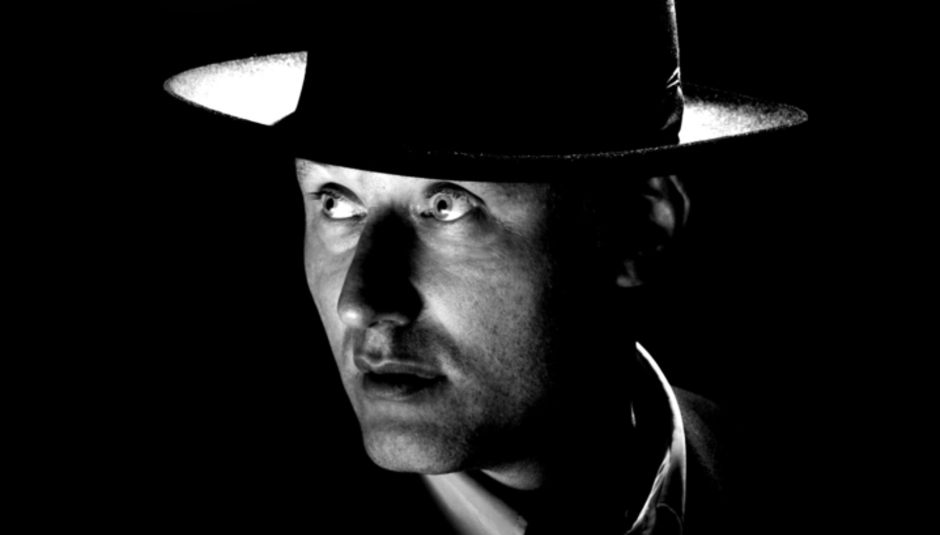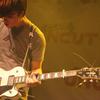Desperate to get out of London, and eager to shop for rare Krautrock – and Moomin glove-puppets – I find myself in Brighton hours before anyone’s playing, the sky turning from lead to gold from one street to the next. Down at the pier, the sea is a violently churning and bilious green, higher than I’ve ever seen it, and threatening to swallow the palmists, coconut-shys, and fish&chipperies, forever. Fortuitously, I’m just in time for a history lesson…
Amidst a dozen seminars about making & promoting music in what may soon be called Web 3.0 (yer Twitters and Spotifys), Jah Wobble of Public Image Limited is in conversation with Jon Savage (author of England’s Dreaming), about the timeless value of actually having a new product rather than just a new platform to regurgitate and recirculate. Okay, there’s no such smuggery from the speakers, but the contrast with Punk’s absence of a business-model is palpable. With affable geezerishness, but less of a concern for high rhetoric & socio-cultural critique than his mate John Lydon, the artist otherwise known as Jah Wobble is an engaging one-man history of punk and post-punk.
As the dub-influenced bassist in PiL, Wobble was basically a chancer; a good bloke who describes himself as more intimidated by jazz musos from West London, than players from West Africa (or gypsy pornstars, like the original Invader of the Heart who gave his group its name). He never expected Lydon to join a band, and remembered John Ritchie (i.e. “Sid Vicious”) being McLaren’s first pick for the iconic frontman of his imaginary band of rock’n’roll highwaymen… his “sex pistols”. Without forcing a point, Wobble hints that this is what working class artists are, and do: the people who take an opportunity, enjoy it while it’s there, and are true to themselves, unlike more calculating upper-middle class musicians.
The “right place at the right time” in Wobble’s case was “…when mad Jamaicans were trying to get the heaviest sounds ever, onto wax, and then playing them through 22 inch speakers that sucked in your trousers”. So, there’s a clue he wasn’t wearing drainpipes just yet… As you’d hope, Wobble has plenty of anecdotes about PiL and the Pistols, and he doesn’t rise to the bait (from the audience) to slag Lydon for his recent (ahem) “commercial” activities – instead, obliquely mocking the questioner by spending more time describing the motorway service station toilets, in which he was offered a million pounds to reform the band, in what turns out to be a Kafkaesque allegory about taking the piss (or not).
In fact, Wobble is most animated – and most articulate – responding to questions about the relationship between Punk, Post-Punk, and World Music. PiL, we learn, was more of a genre-hybrid, being modal rather than chordal music (i.e. rock), and certainly not pentatonic (as much of what people lazily call “World” music is); in other words, PiL really was the clean break the Pistols (and Punk) should have been, but also managed not to be the Paul Simon / Peter Gabriel / Damon Alban-style strategy of appropriating musical styles from people whose Otherness is effectively affirmed even as you build (blah) “symbolic bridges” to it.
Hearing about Wobble’s experience of having money flung at him, aged 19, you hope there might be a few contemporary musicians listening; the audience look like veterans – lots of white hair, some Vicious spikes, and Simon Price’s trademark purple horns – but you never know: maybe someone’ll be inspired to be more of a chancer.






















